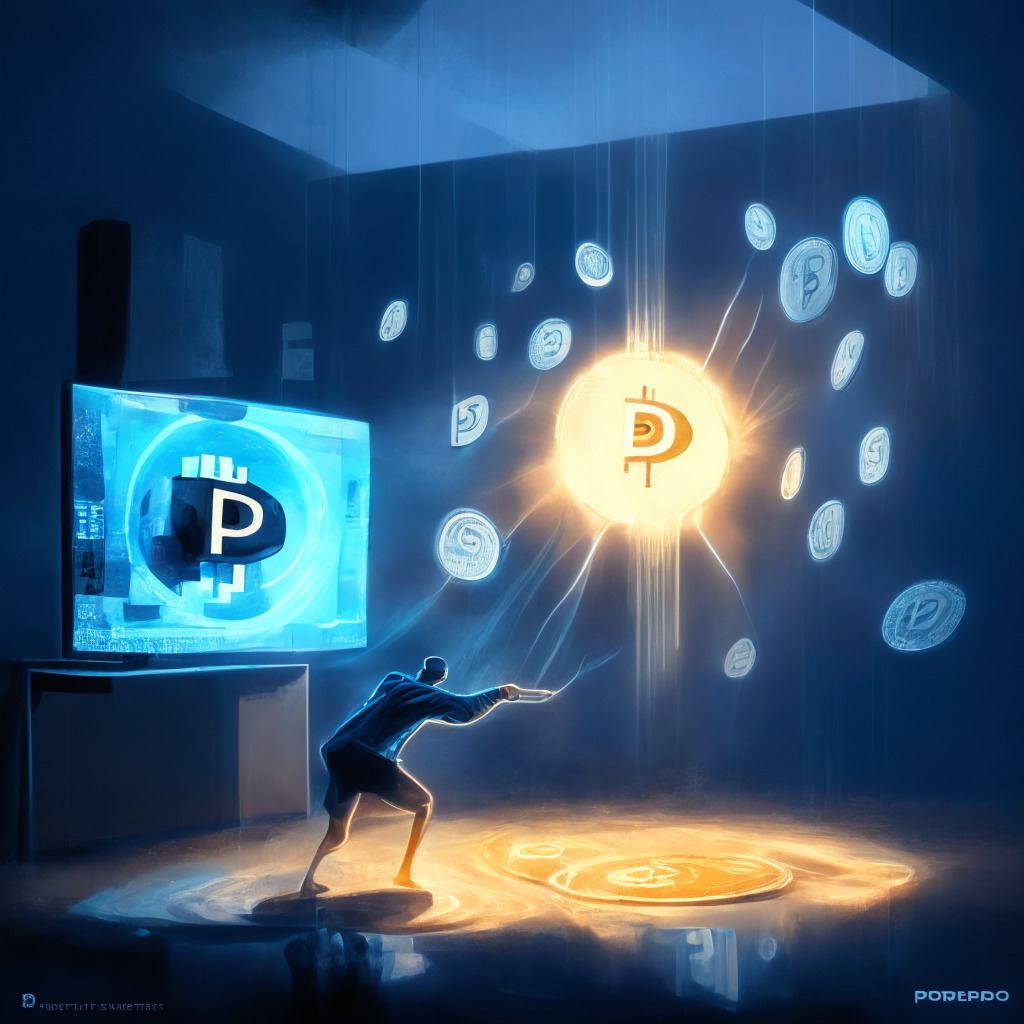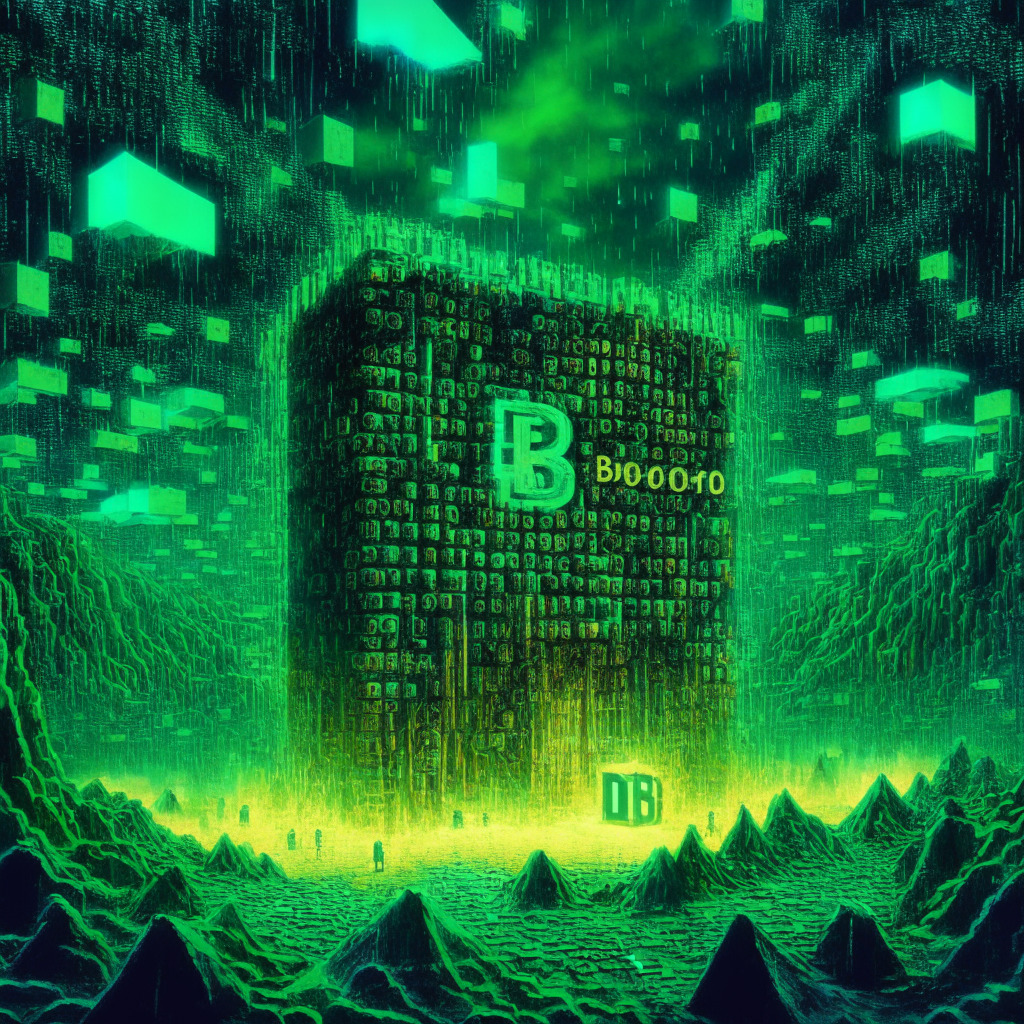The global payment giant, PayPal, continues to integrate new developments into its digital asset services. In recent news, they’ve enabled users based in the US to convert their cryptocurrencies like Bitcoin to USD directly from their wallets into their PayPal balance. Yet when we sit back and assess this situation, it might spark a tad of skepticism. While this integration is a fantastic leap forward for seamless transactions, it’s essential not to negate the element of transaction costs. Unlike peer-to-peer transactions facilitated within the blockchain network, PayPal, like most other traditional platforms, charges network and transaction fees. In essence, for sending as little as $50 worth of Bitcoin, users might incur up to $7.2 as the transaction fee.
As much as we appreciate the ease of functionality PayPal seems to promise, another question arises about the platform’s compatibility. MetaMask, a browser extension typically used for Ethereum and Ethereum-based applications, is said to be involved, but it doesn’t support Bitcoin transactions on the original Bitcoin blockchain. In an era where proficiency is linked with diversity, could this limitation be a point of disadvantage for the payment platform?
In response to these drawbacks, we must acknowledge the unmatched security PayPal brings to the table. Delivering robust security controls and tools for fraud management, chargebacks, and disputes, it is a platform trusted by millions.
In other news from the financial world, major cryptocurrency exchange Binance pledged a generous amount for disaster relief, following an earthquake in Morocco. This humanitarian move from Binance signifies the potential of crypto platforms as mediums to provide aid, highlighting a positive use case for digital assets. As much as we laud this gesture, it brings forth a question on the verification of authentic beneficiaries. Binance claims to identify users in the affected regions by a proof-of-address protocol completed before the earthquake but is that foolproof enough?
The use of crypto for disaster aid and PayPal’s integration of crypto transactions in their services are progressing steps for crypto visibility. However, there’s a need to comb through the details of these implementations and weigh the cons with the pros. As the world moves closer towards mass crypto adoption, the nitty-gritty of these processes will likely determine the trajectory of this journey.
Source: Cointelegraph




